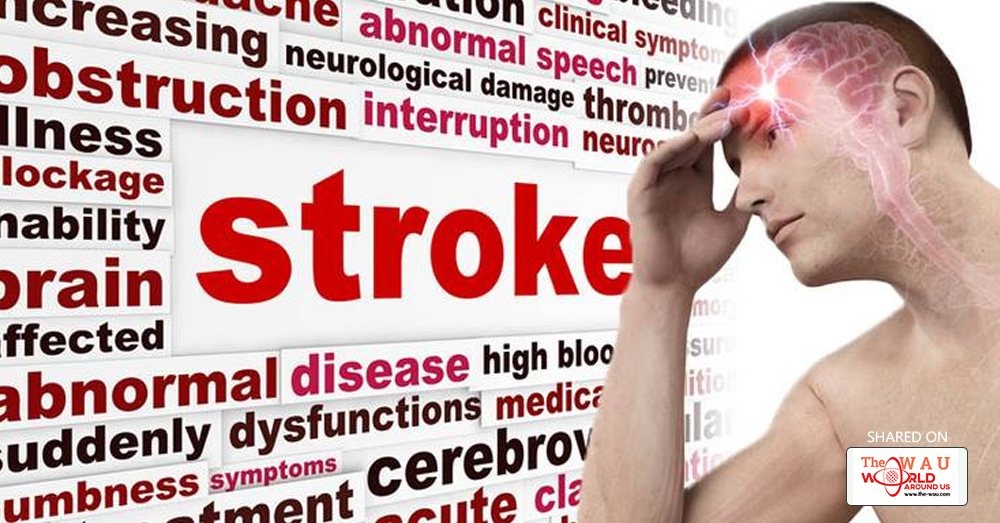When you have a stroke, your brain isn't getting the blood it needs. The sooner you get help, the less likely you'll have serious, lasting problems. And the better your chance of recovery.
Symptoms
Sometimes a stroke develops gradually. But you're more likely to have one or more sudden warning signs like these:
- Numbness or weakness in your face, arm, or leg, especially on one side
- Confusion or trouble understanding other people
- Trouble speaking
- Trouble seeing with one or both eyes
- Trouble walking or staying balanced or coordinated
- Dizziness
- Severe headache that comes on for no reason
The FAST test is a quick way to check someone for symptoms.
Face: Smile! (Does one side of their face droop?)
Arms: Raise both arms. (Is one higher than the other? Do they have a hard time holding one up?)
Speech: Repeat a short, simple sentence, like "Mary had a little lamb." (Do they slur their words? Is it hard to understand them?)
Time: If any of these are "yes," call 911.
What to Do
A stroke is a medical emergency.
Don't wait! Every minute counts. If you have even one symptom for more than a few minutes:
- Call 911. An ambulance can get you to a hospital without delay. Don't drive yo
- Note the time when symptoms started. (The hospital staff needs to know.)
What if you're with someone who's having symptoms, but you're not sure if it's a stroke? Some people may deny there's a problem. They don't want others to make a fuss. Or they might say, "What's the big rush?"
Consider this: What's the worst thing that can happen if this isn't a stroke? An unnecessary trip to the hospital. What's the worst thing that can happen if it is a stroke and you ignore it?
Don't take chances. Call 911.
Be Prepared
Few people think a stroke will happen to them. But given how fast damage can happen, it's something you should think about -- especially if you have a medical condition that raises your risk for having one. Advance planning may end up making a big difference.
Ask your doctor or nurse which hospitals in your area are primary stroke centers, with 24-hour emergency care. You may be able to find stroke care centers online, too.
Find out which hospital or medical facility is closest to your home or work. Check with your human resources department or your doctor.
Share This Post















